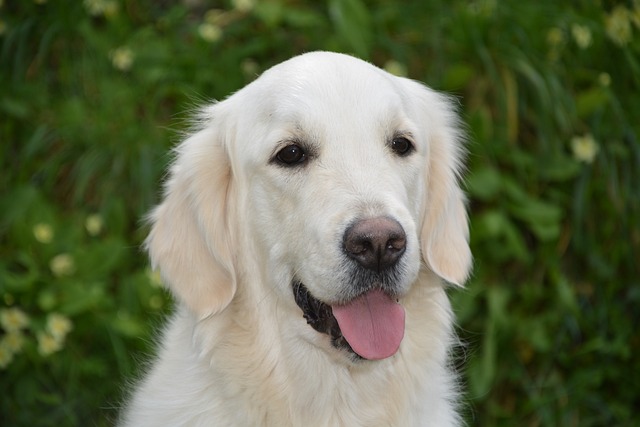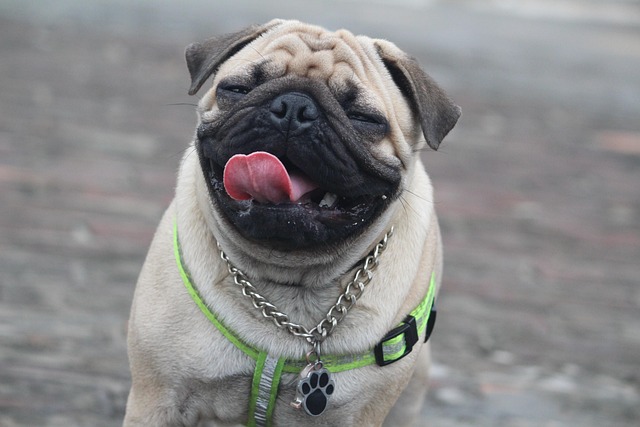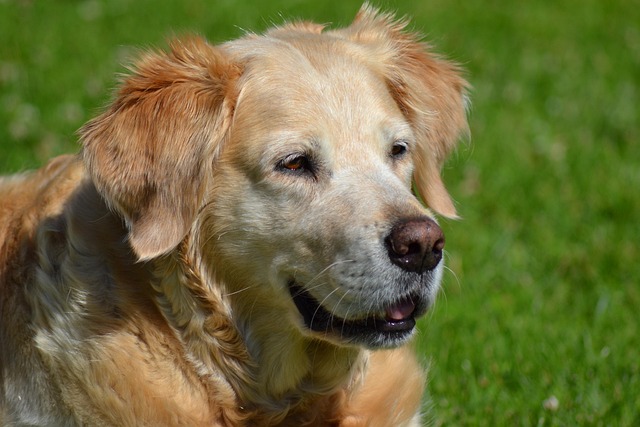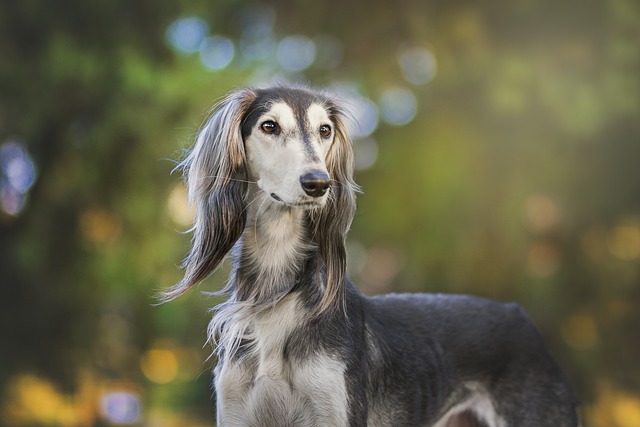If you’ve noticed your pup struggling to climb the stairs or avoiding playtime they once loved, excess weight might be the culprit. More than half of U.S. dogs are overweight, but fixing it doesn’t mean putting them on a strict “diet”—it’s about swapping empty calories for nutrient-dense foods that keep them full while trimming pounds. Many new owners worry their dog will be hungry, but with the right picks, they’ll stay satisfied and healthy.
Weight loss for dogs boils down to calorie control and nutrition balance. Just like humans, dogs gain weight when they take in more calories than they burn. The key is choosing foods high in protein and fiber—protein preserves muscle mass (so they lose fat, not muscle), and fiber keeps their stomach full longer. Avoid kibble with corn, wheat, or sugar as top ingredients; these are low in nutrition and spike calorie intake without adding value. For example, a cup of high-fiber, low-fat kibble has far fewer calories than a cup of regular food but keeps your dog full just as long.
Start by consulting your vet to calculate your dog’s ideal weight and daily calorie limit—this ensures you don’t cut too many calories (which can be dangerous). Then, swap out 10-15% of their regular food for fresh, low-calorie add-ins: steamed green beans, carrots, or pumpkin puree (unsweetened!) work great. For treats, trade biscuits for frozen blueberries or small pieces of cooked chicken—they’re lower in calories and more nutritious. Apartment dogs, who might get less exercise, benefit from portioned meals (use a measuring cup!) instead of free-feeding. Try splitting their daily food into three small meals to keep their metabolism steady.

Now, important notes for U.S. pet parents. First, compliance: while weight loss isn’t regulated, keeping your dog up-to-date on core vaccines (like distemper) is required by law in all states—your vet can check for thyroid issues that might cause weight gain during these visits. Second, never use food deprivation as punishment; positive reinforcement, like praising them for eating their balanced meal, aligns with U.S. animal welfare standards. And when you add more walks to their routine (critical for weight loss!), always carry poop bags—fines for not cleaning up start at $25 in Austin and go up to $200 in San Francisco.
With patience and the right diet, your pup will be back to chasing balls in no time. Stick to the plan, weigh them monthly, and adjust portions as needed—consistency is key.






